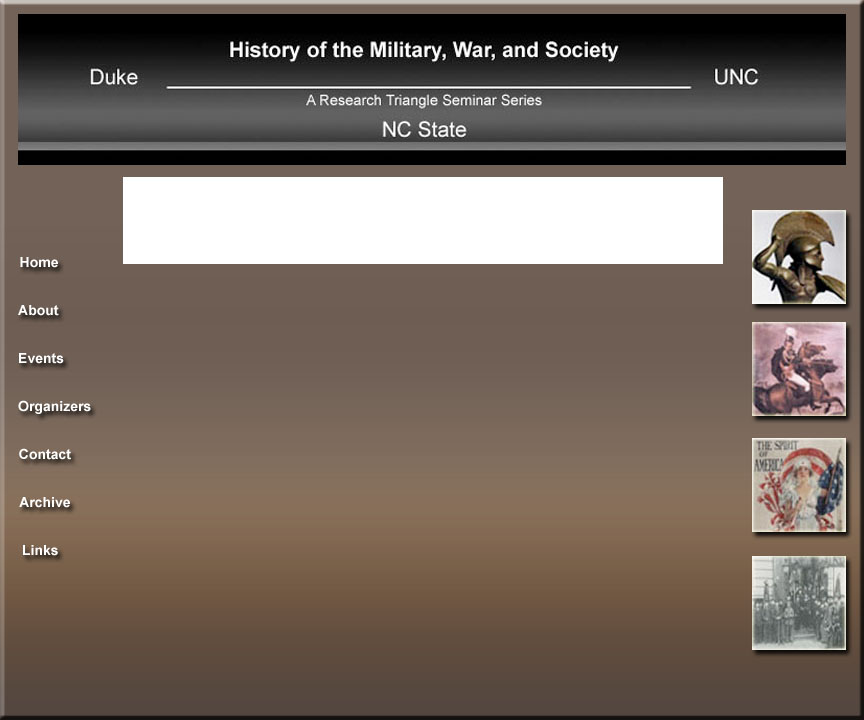
|
September 29, 2006 J.E. Lendon (University of Virginia) Why Was the Roman Imperial Army So Good? The old theory that the Roman army of the empire was successful because of its training and discipline has recently come under attack by scholars who stress instead “small-group cohesion” among the soldiers: the importance of bonds of affection and comradeship between soldiers who live and fight together. This paper uses the evidence of inscriptions to test this theory: do patterns of heirship on tombstones suggest that such ties were strong? No: they suggest instead strong bonds of patronage running through the lower ranks of the army. This suggests that it was the vertical solidarity of patronage, combined with competition between equals that made the Roman army successful. J.E. Lendon is Professor of History at the University of Virginia. He is author of Empire of Honour: The Art of Government in the Roman World (Oxford, 1997) and Soldiers and Ghosts: A History of Battle in Classical Antiquity (Yale, 2005). |